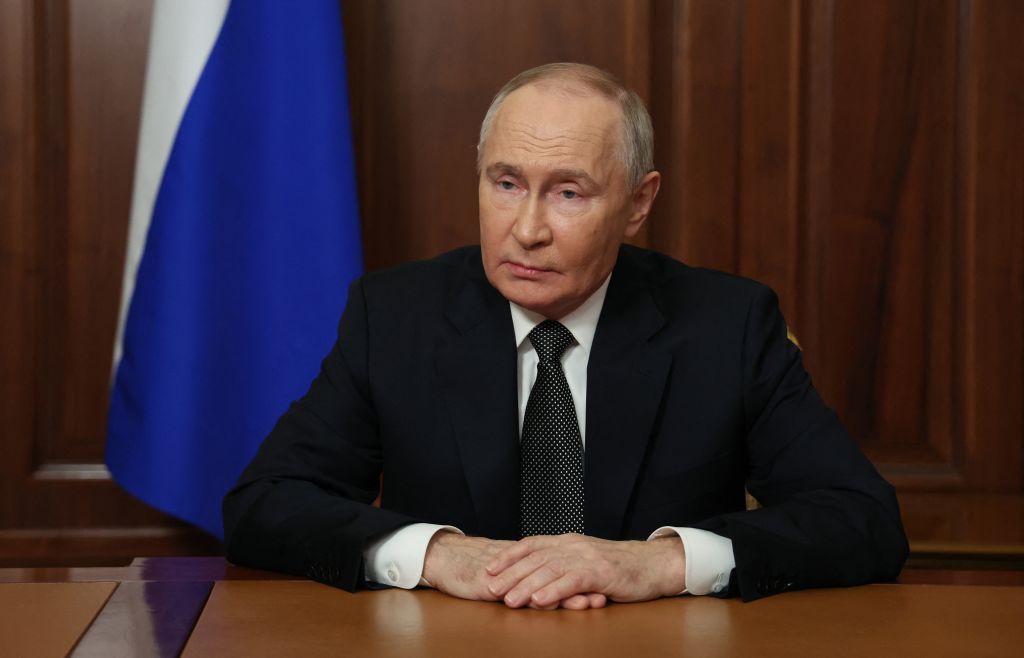
Russia's Oreshnik missile likely had no explosives and didn't cause much damage, Bild analyst claims
The Oreshnik nuclear-capable intermediate-range ballistic missile was likely a modification of Russia's RS-26 Rubezh missile, he said.

The Oreshnik nuclear-capable intermediate-range ballistic missile was likely a modification of Russia's RS-26 Rubezh missile, he said.

A declassified U.S. intelligence memorandum sheds light on Russia's suspected assassination attempts of political adversaries abroad, Bloomberg reported on Nov. 23.
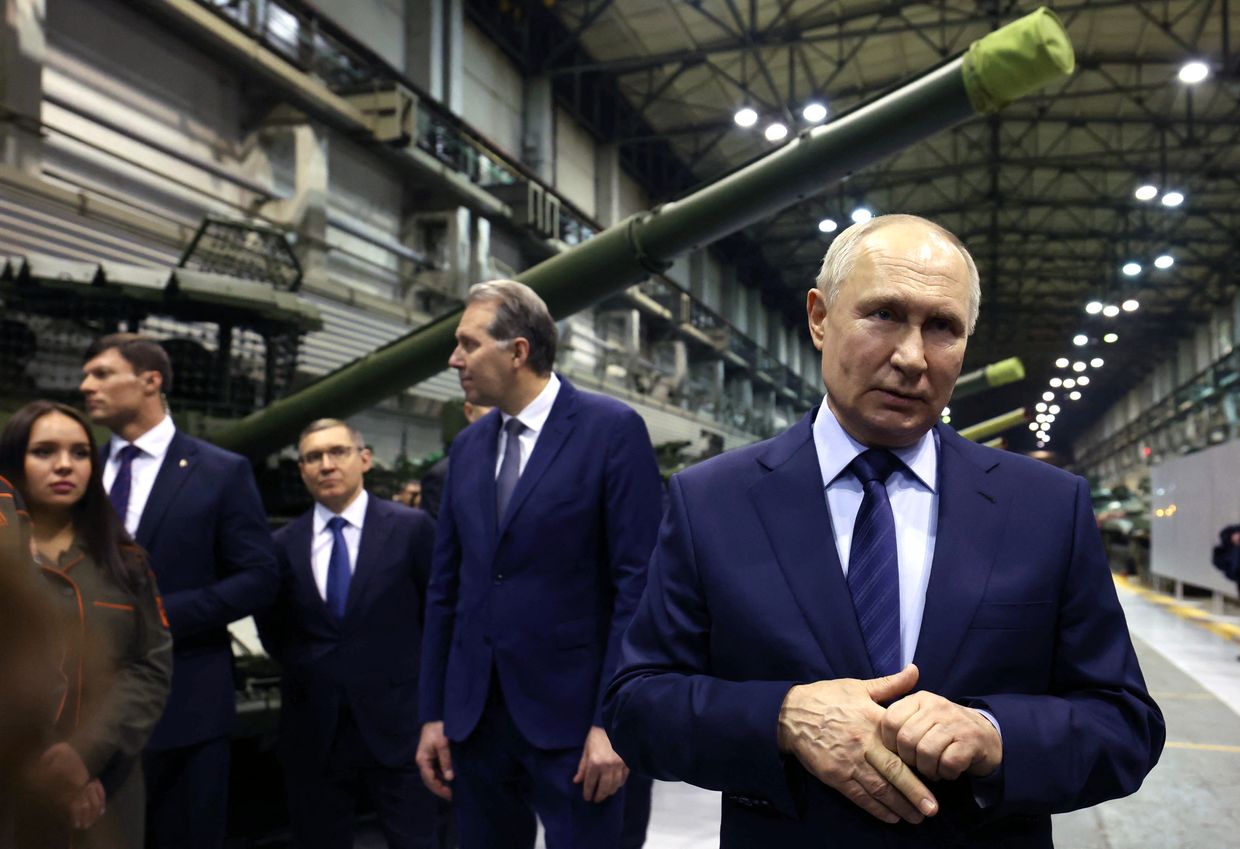
Russian President Vladimir Putin on Nov. 21 announced his country had launched a new type of missile in an attack on Ukraine, a demonstration of military might meant to deter Kyiv's allies from further support against his full-scale invasion. "There are currently no ways of countering this weapon. The missiles
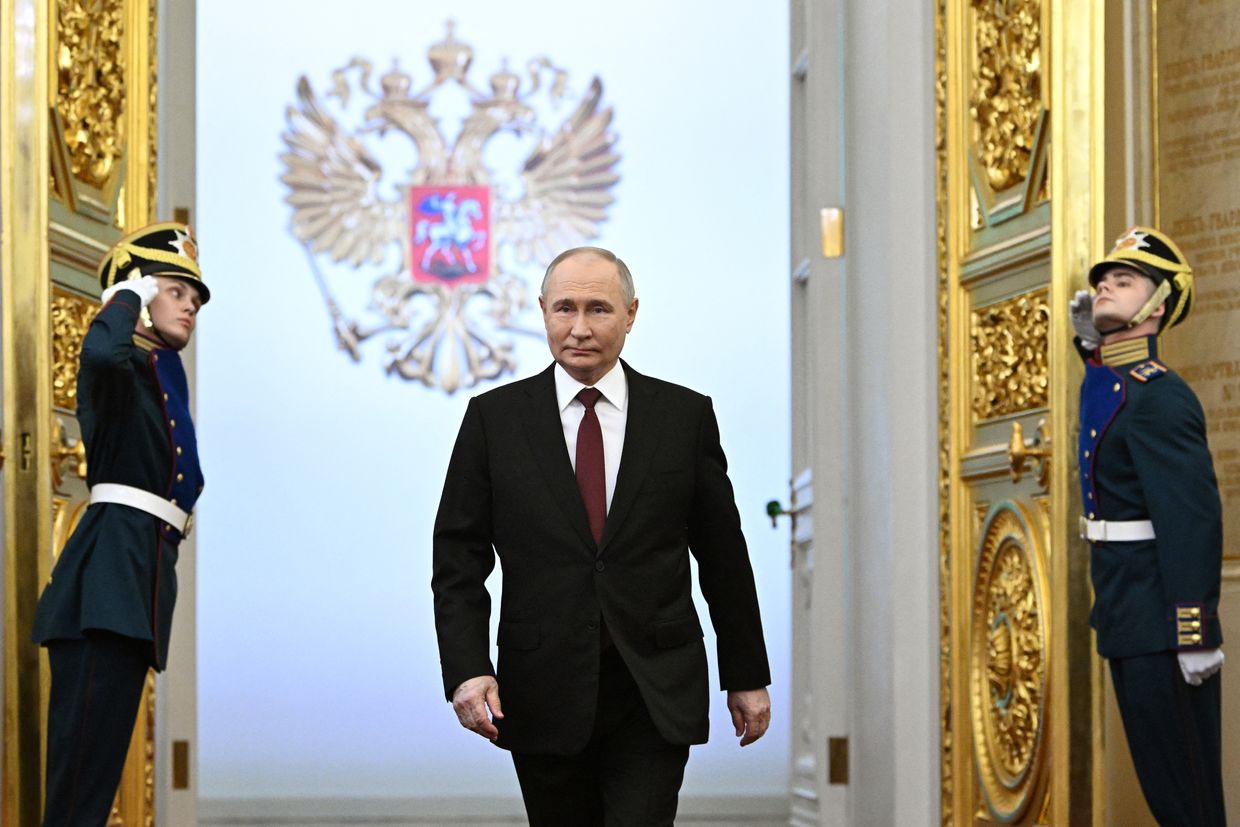
Key developments on Nov. 22: * Russia likely used ballistic missile from 'Kedr' complex to strike Dnipro, intelligence says * Russia plans to launch mass production of Oreshnik missile, Putin says * North Korea received anti-aircraft missiles, oil from Russia in exchange for troops, reports say * Russia has deployed nearly 60,000 troops
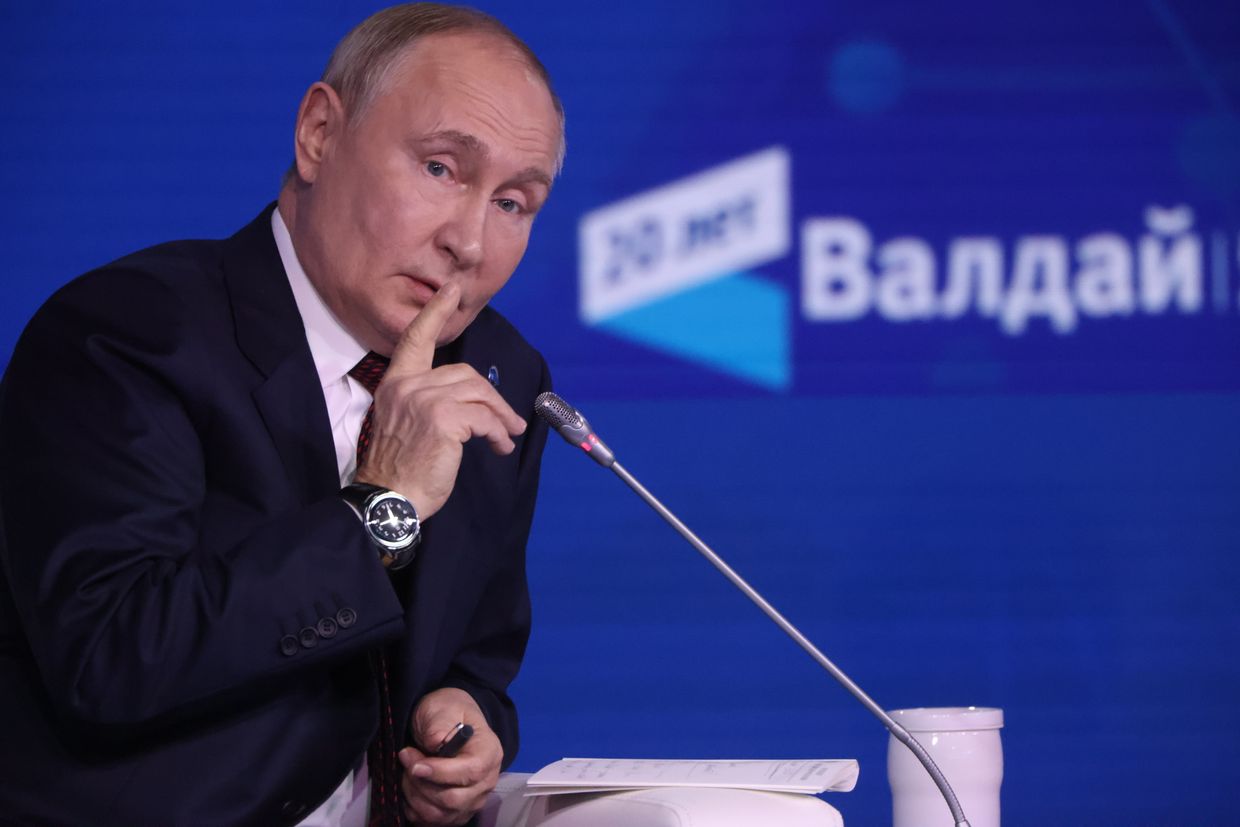
Russian President Vladimir Putin said that Russia will continue to test the Oreshnik intermediate-range ballistic missile, including in combat conditions.
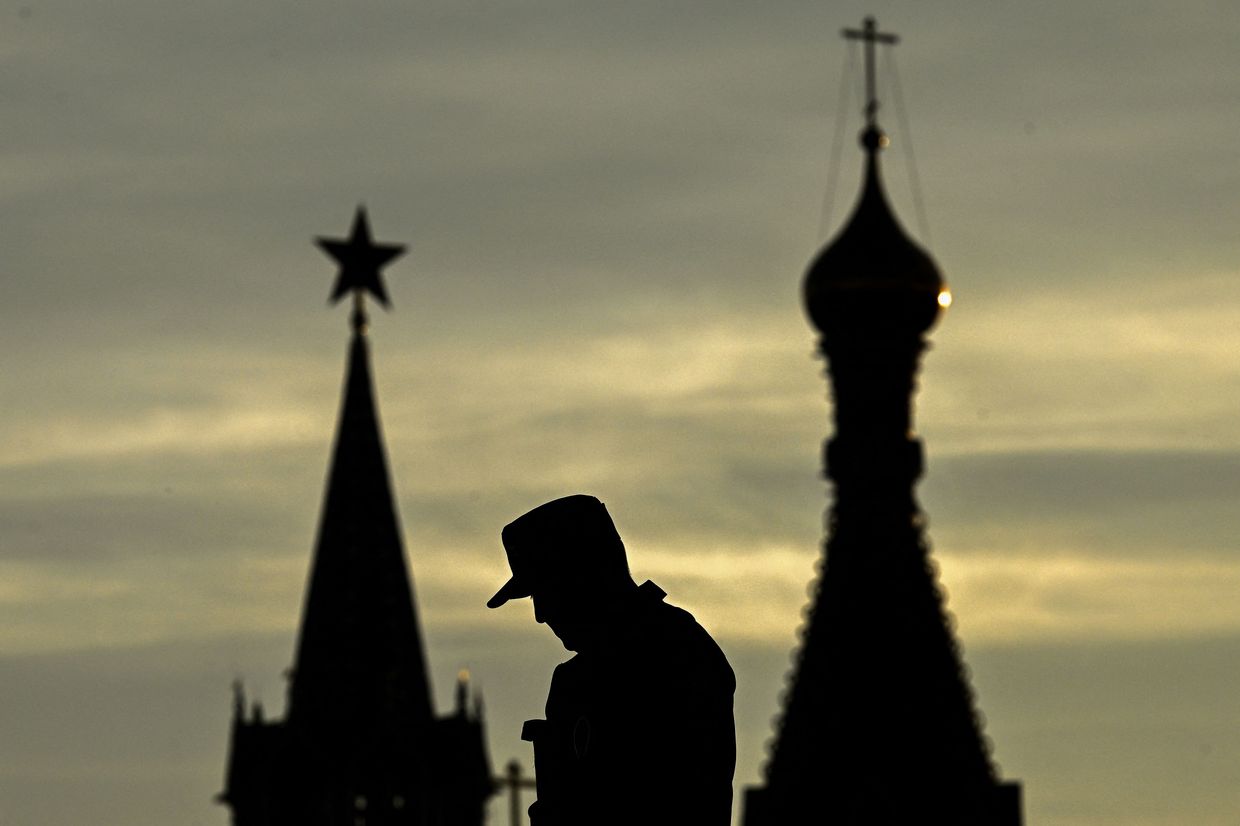
The recent hike in Russia’s key interest rate to 21% by the Central Bank in late October has stirred renewed debate among media and economists about the Russian economy’s outlook and how economic trends could influence Kremlin policies. Today, few predict an "imminent collapse" of the Russian economy.
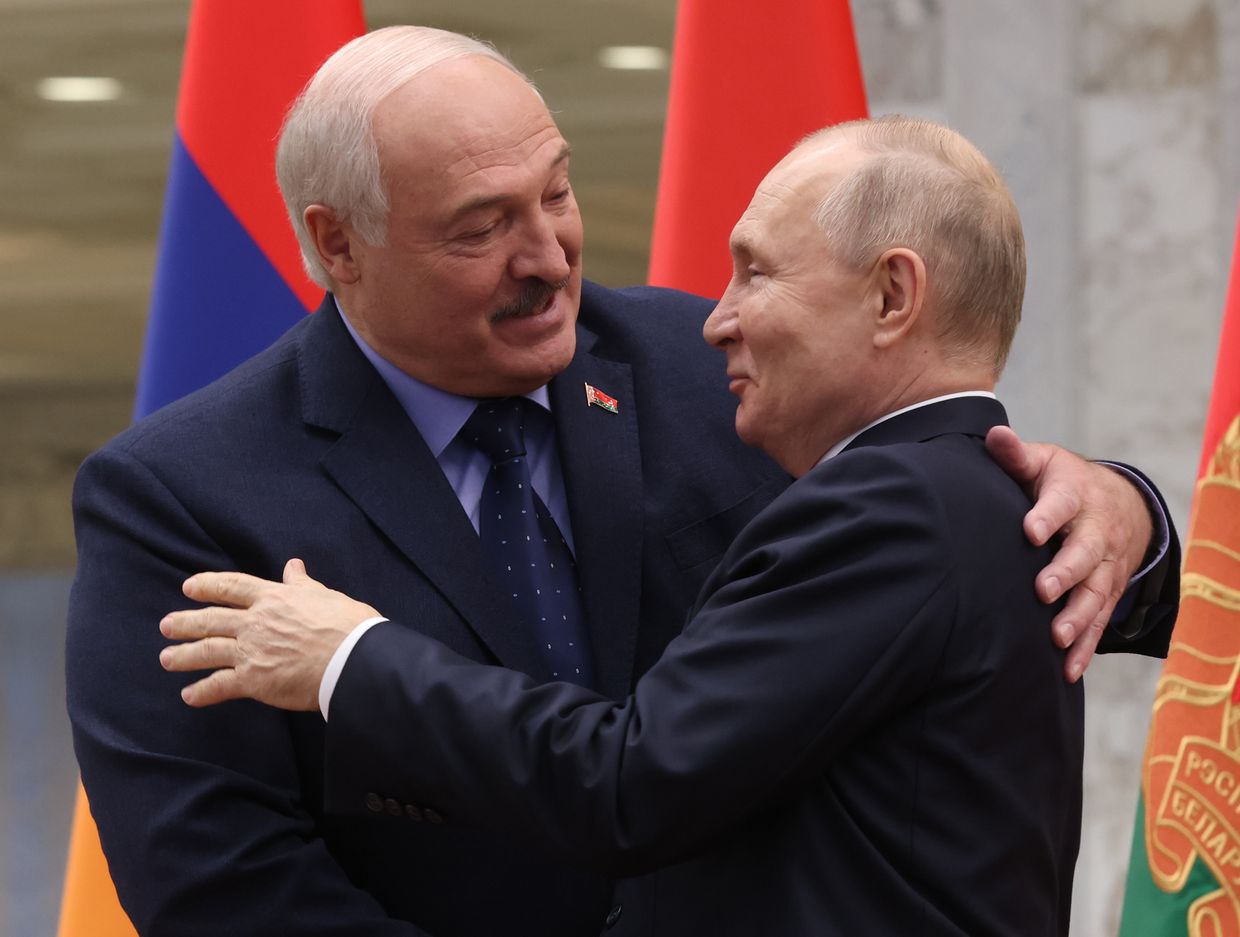
Belarus’ authorities are on full alert ahead of upcoming presidential elections in January 2025, new wave of police raids target relatives of political prisoners. Belarusian police conduct counter-protest drills to prevent “manifestations of extremism and terrorism” during the election campaign. Russia’s military doctrine was updated, covering Belarus with a
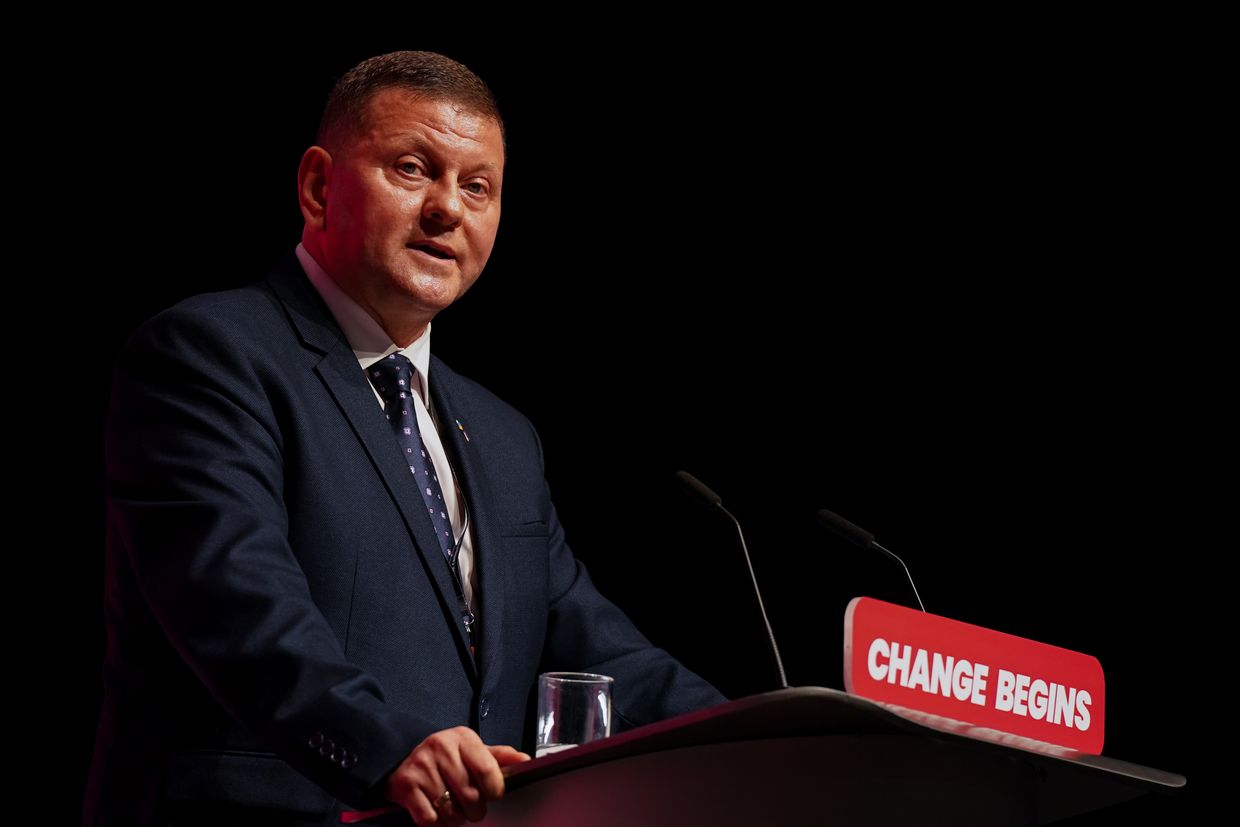
"What we've expected for so long has started. But I want to say that God Himself is giving a chance, not only to Ukraine but to the whole world, to have time to draw the correct conclusions now," Zaluzhnyi said.
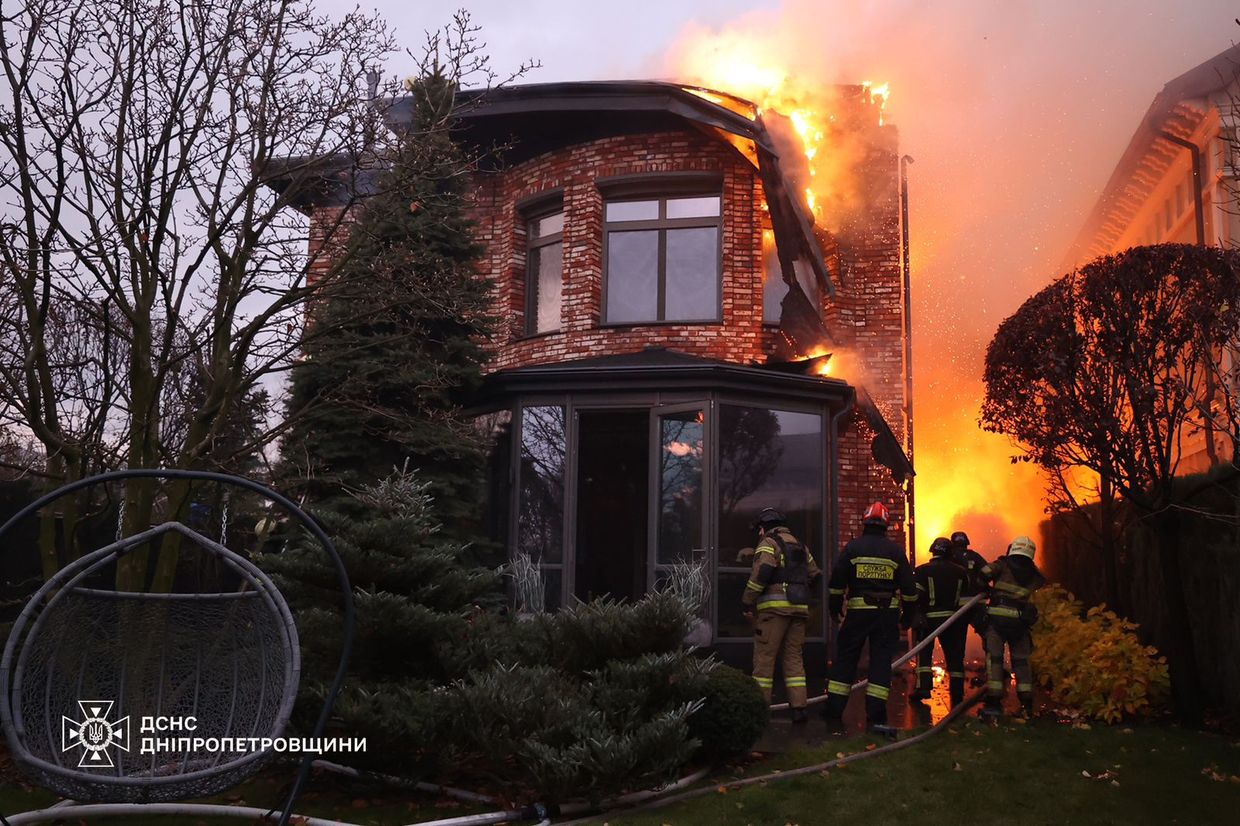
Key developments on Nov. 21: * Russia used new 'Oreshnik' intermediate-range ballistic missile against Ukraine, Putin says * Ukrainian UAVs reportedly strike Russian border regions, industrial facility hit * Hungary deploys air defenses near Ukraine, cites war escalation after US allows strikes in Russia * Russian troops suspected of executing Ukrainian POWs in Kursk
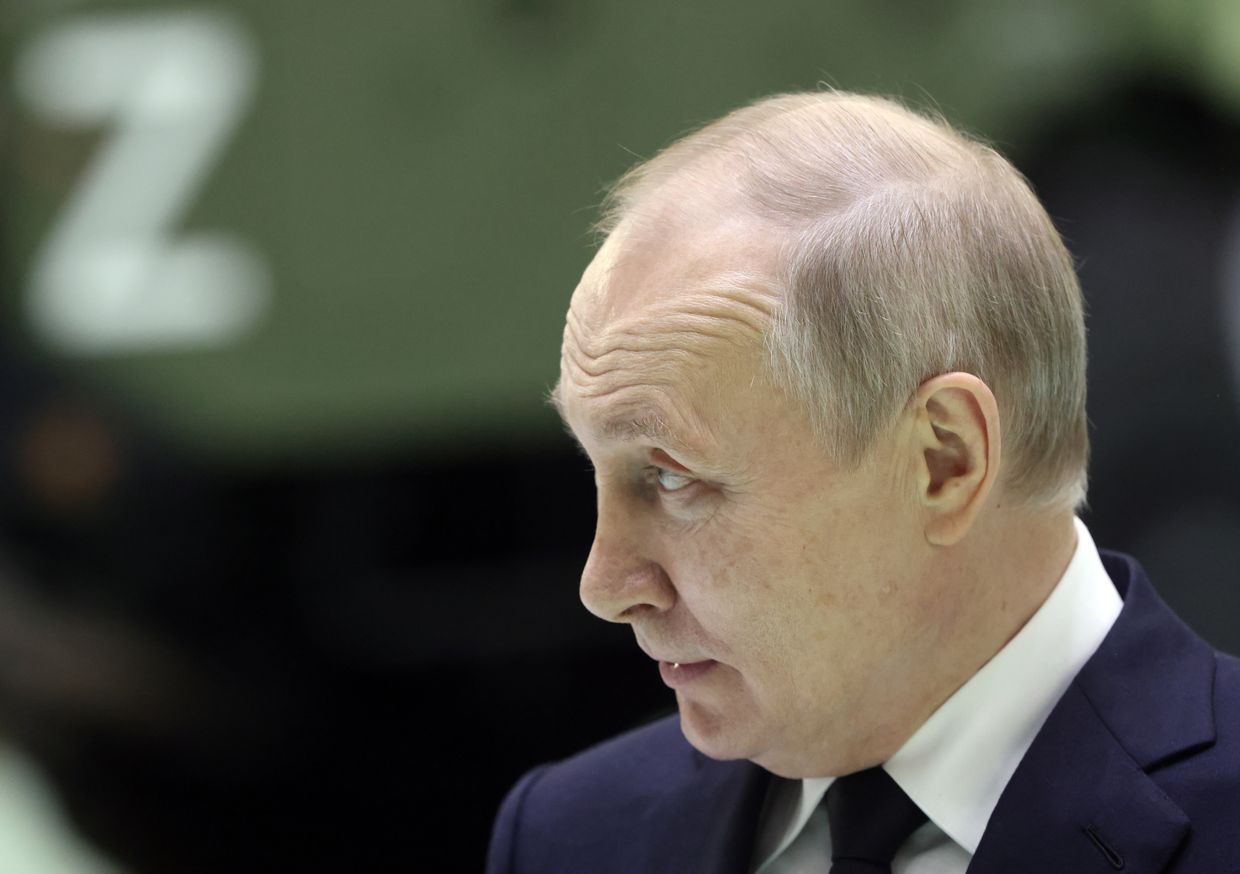
Russian President Vladimir Putin said that during the Nov. 21 strike on Dnipro, Russia tested a new intermediate-range ballistic missile — Oreshnik (Hazel).
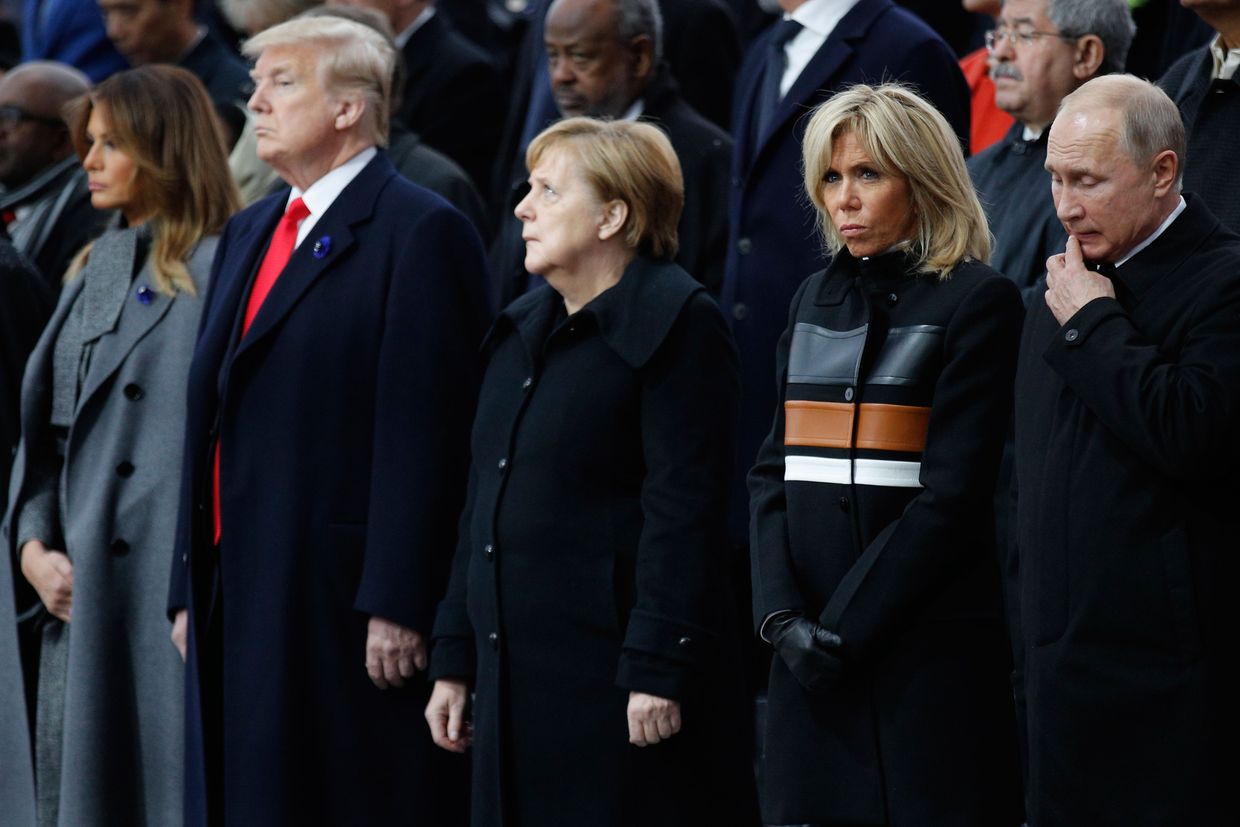
"(Donald Trump) saw everything from the point of view of a property developer, which is what he was before he came into politics. Every plot of land could only be sold once, and if he didn't get it, someone else would," Angela Merkel says in her memoir.
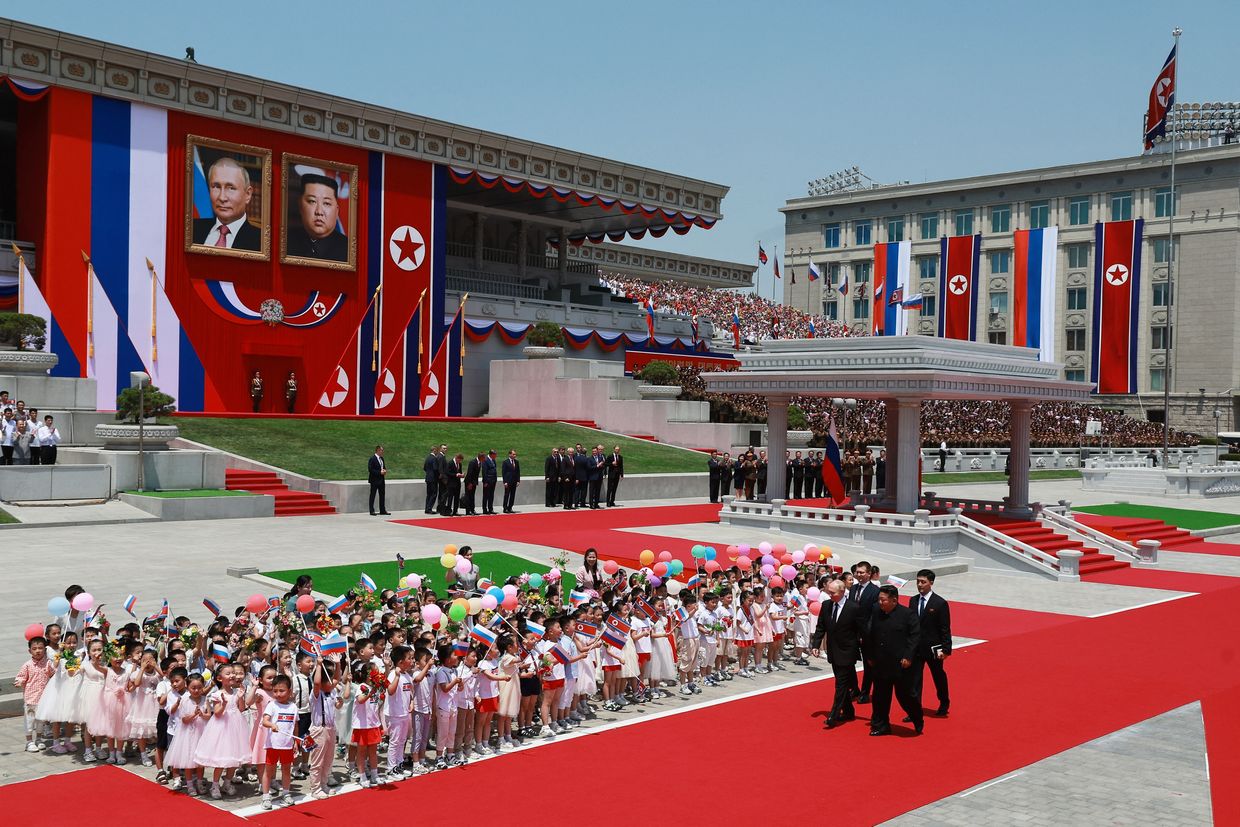
Russia’s state-owned TASS news agency reported that the two countries had agreed to boost charter flights. The agreement was confirmed by Russia’s Ministry of Natural Resources, which noted that between January and September, over 5,000 tourists traveled between the two countries.
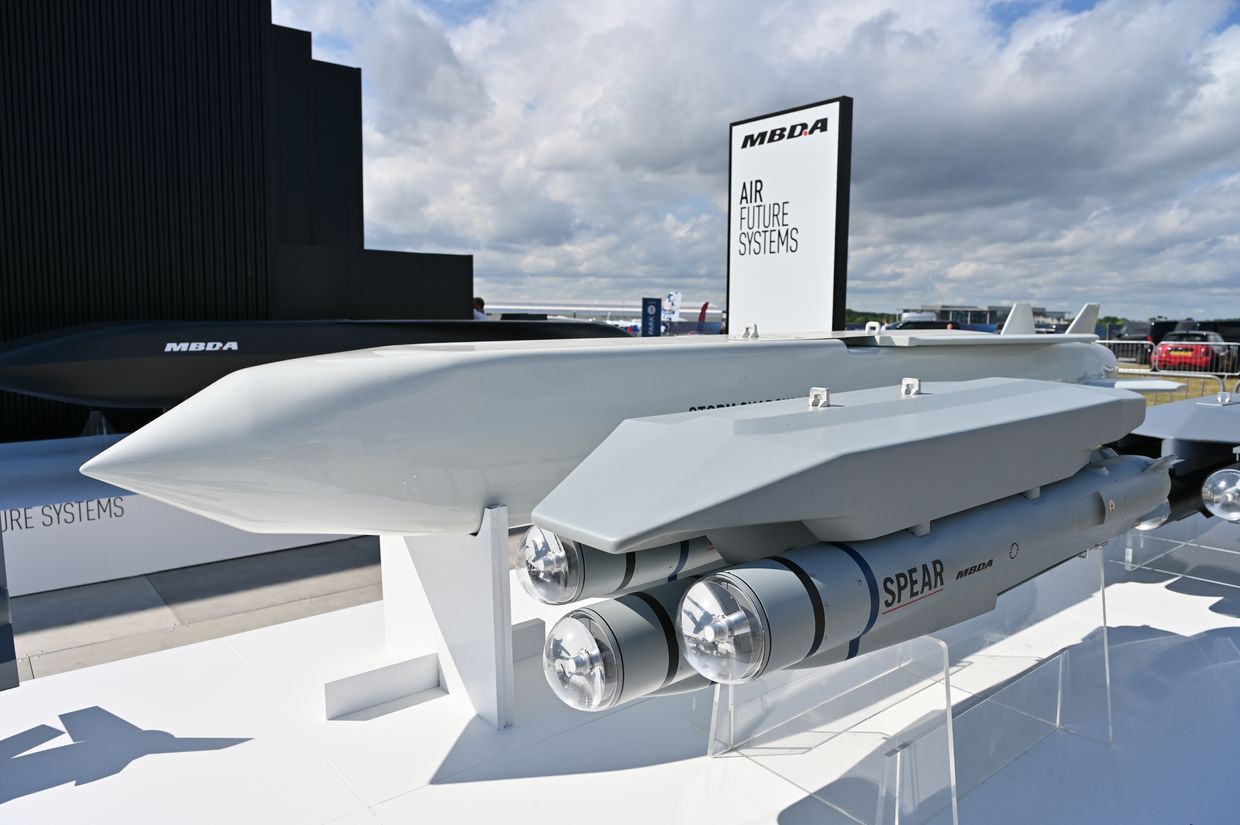
Key developments on Nov. 20: * Ukraine strikes Russia with Storm Shadows for the first time, Bloomberg reports * Biden approves delivery of anti-personnel mines to Ukraine in light of Russian gains in east * Ukrainian drones allegedly strike Russian factories, weapons arsenal * North Korean troops in Russia to be led by secrecy-shrouded
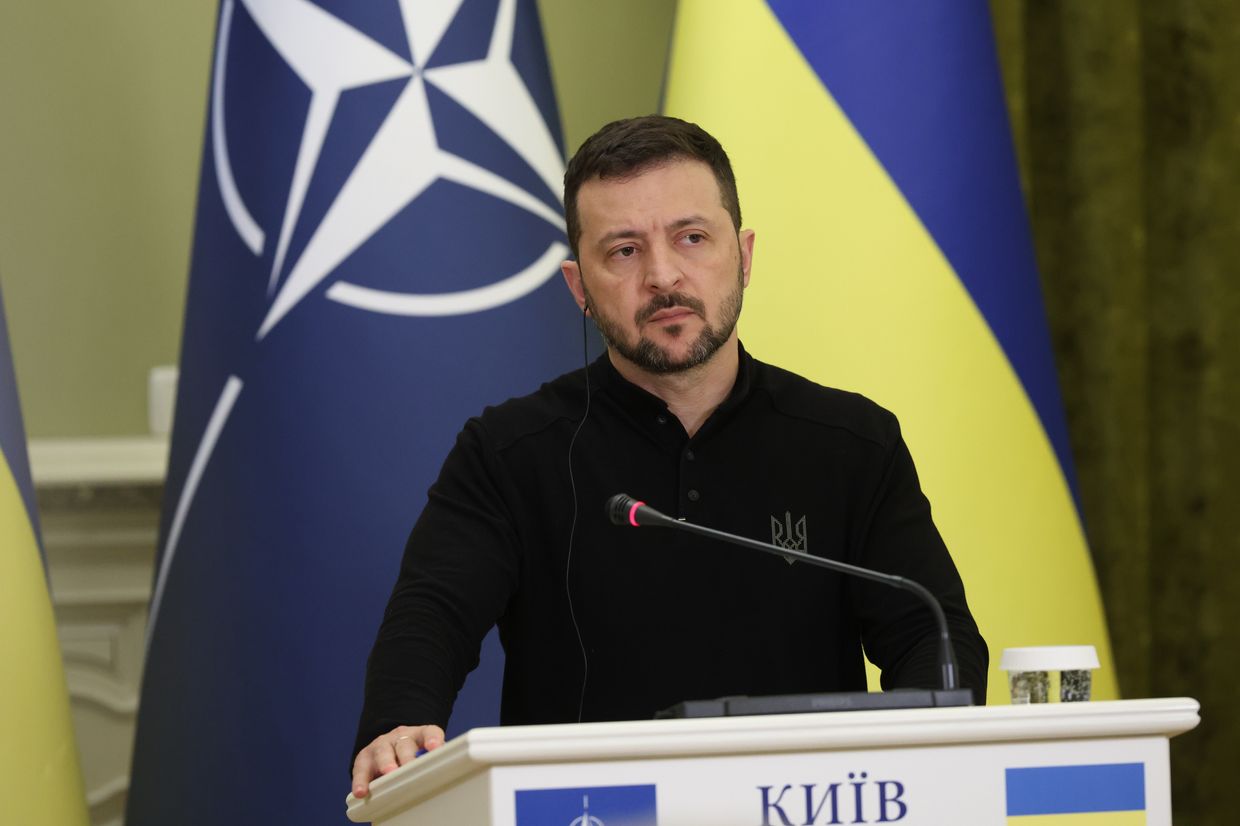
President Volodymyr Zelensky suggested that Ukraine risks losing the war if aid from the new U.S. administration is cut. "Of course, anyway, we will stay, and we will fight. We have production, but it's not enough to prevail. And I think it is not enough to survive."
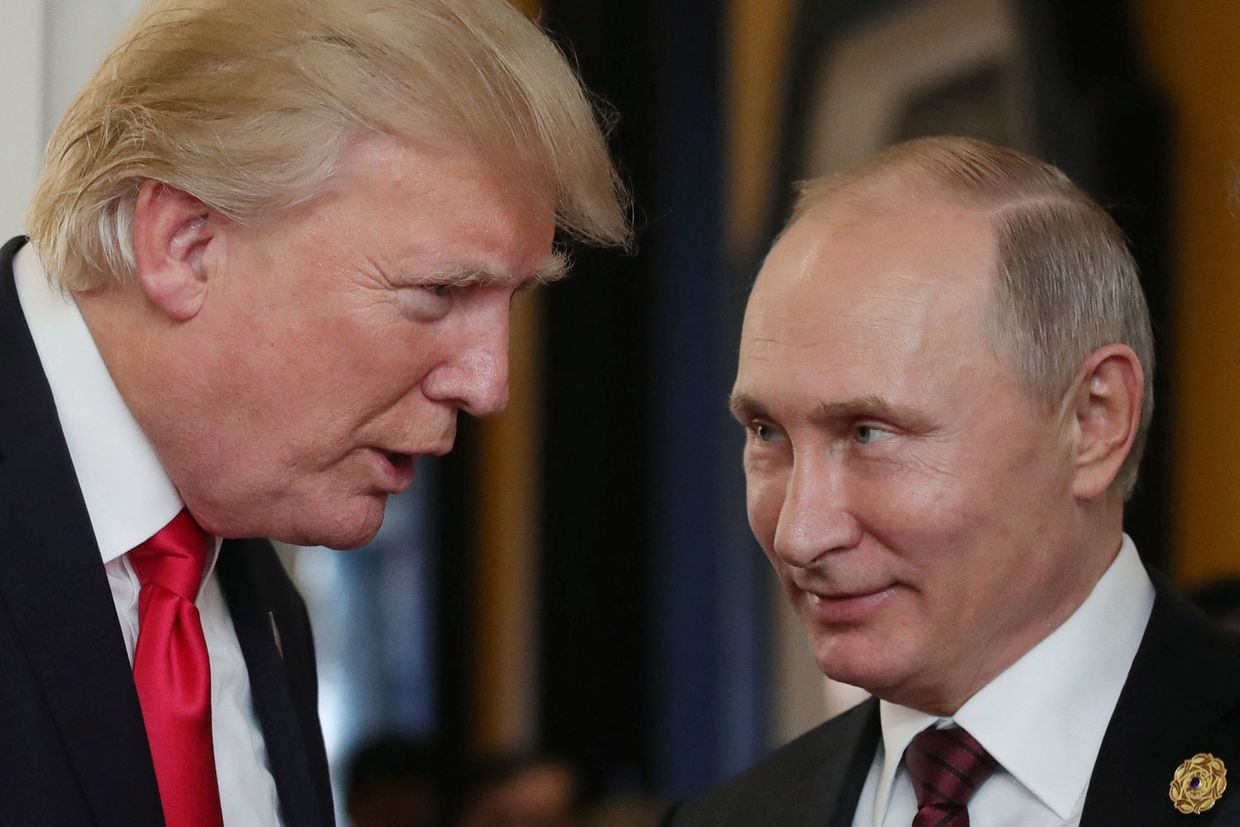
For the first time, five current and former Russian officials outlined to Reuters the Kremlin’s potential terms for a Trump-brokered peace deal.
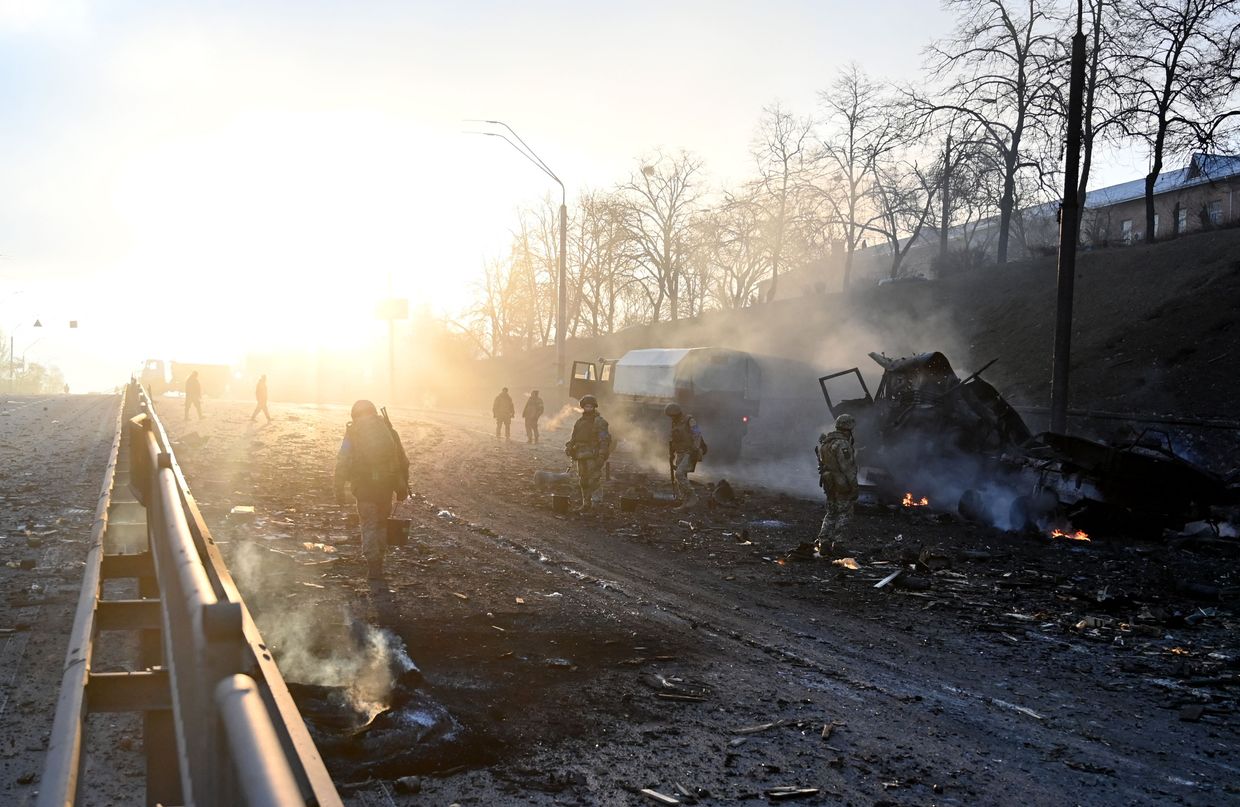
One thousand days ago, at 4 a.m. Kyiv time, Russia launched a full-scale invasion of Ukraine, the deadliest military conflict in Europe since World War II. For 1,000 days, Ukraine has been defending against the Russian military, well-equipped and superior in numbers of weapons and people deployed. Each
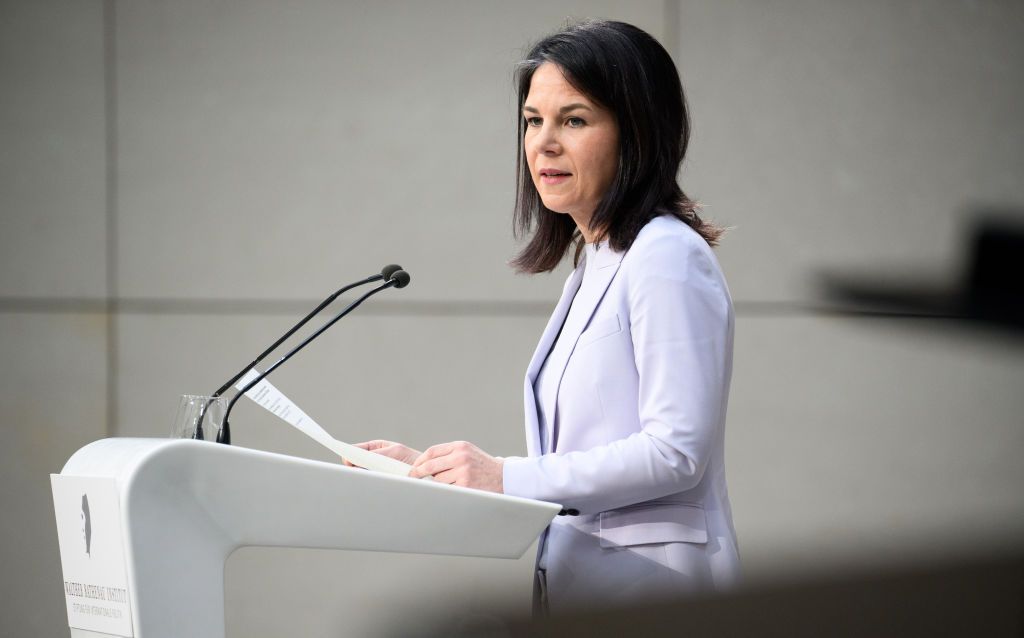
Russian President Vladimir Putin seeks to intimidate the West by expanding the conditions for using nuclear weapons in Russia’s updated nuclear doctrine, German Foreign Minister Annalena Baerbock said on Nov. 19.

The revised doctrine outlines scenarios that could justify a nuclear strike. It implies that this could include "aggression against the Russian Federation and its allies by a non-nuclear state with the support of a nuclear state" and large-scale non-nuclear attacks, such as those carried out with drones.
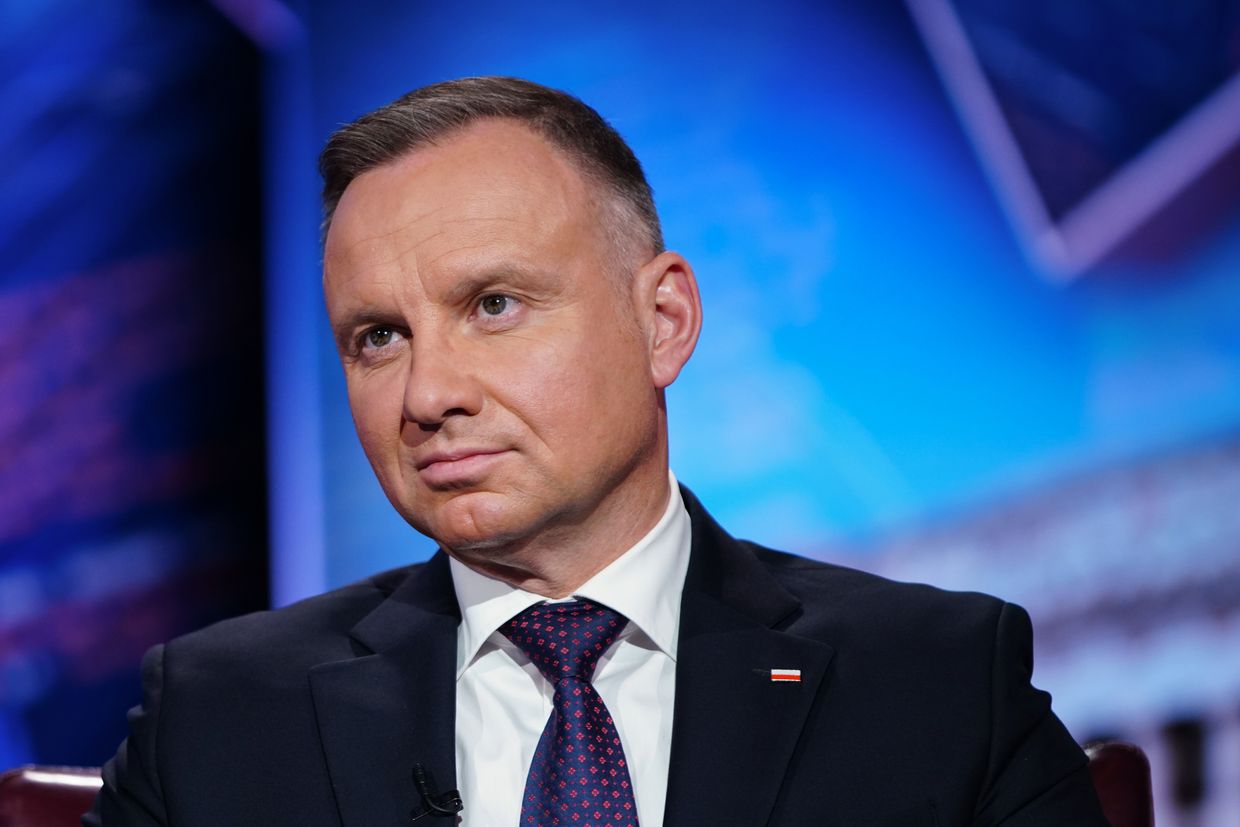
Polish President Andrzej Duda expressed doubts that German Chancellor Olaf Scholz's phone call with Russian President Vladimir Putin was agreed with the allies.
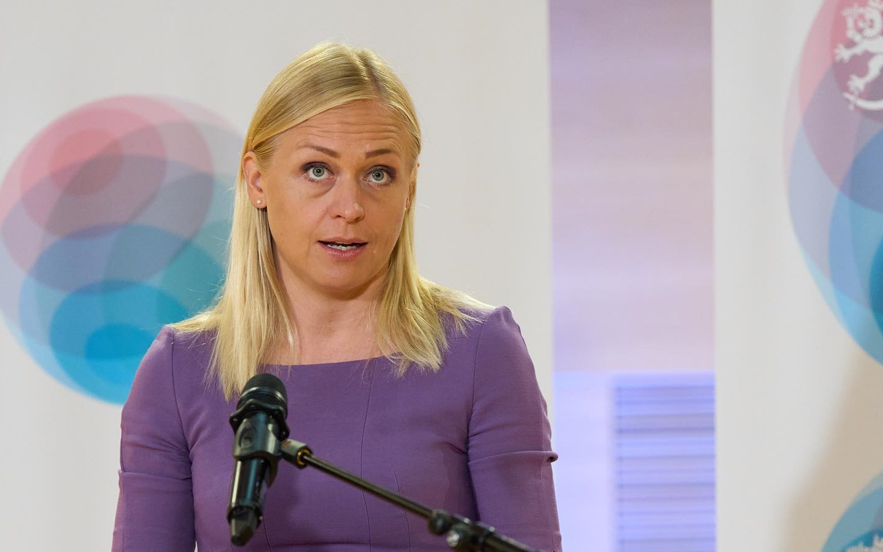
Finnish Foreign Minister Elina Valtonen urged Western leaders to refrain from making additional phone calls to Russian President Vladimir Putin following German Chancellor Olaf Scholz's recent call, Valtonen said on German TV on Nov. 17.
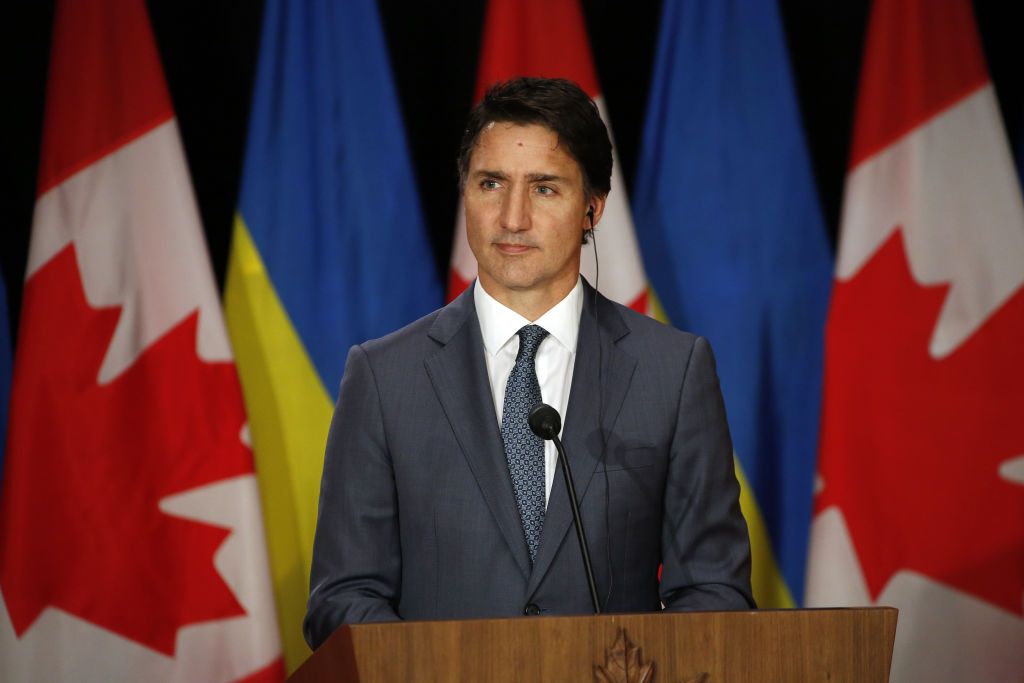
"We all understand how important it is to see an end to the violence in Ukraine, to see an end to conflicts around the world," Canadian Prime Minister Justin Trudeau told Bloomberg during the Asia-Pacific Economic Cooperation summit in Peru, which took place between Nov. 15-16.
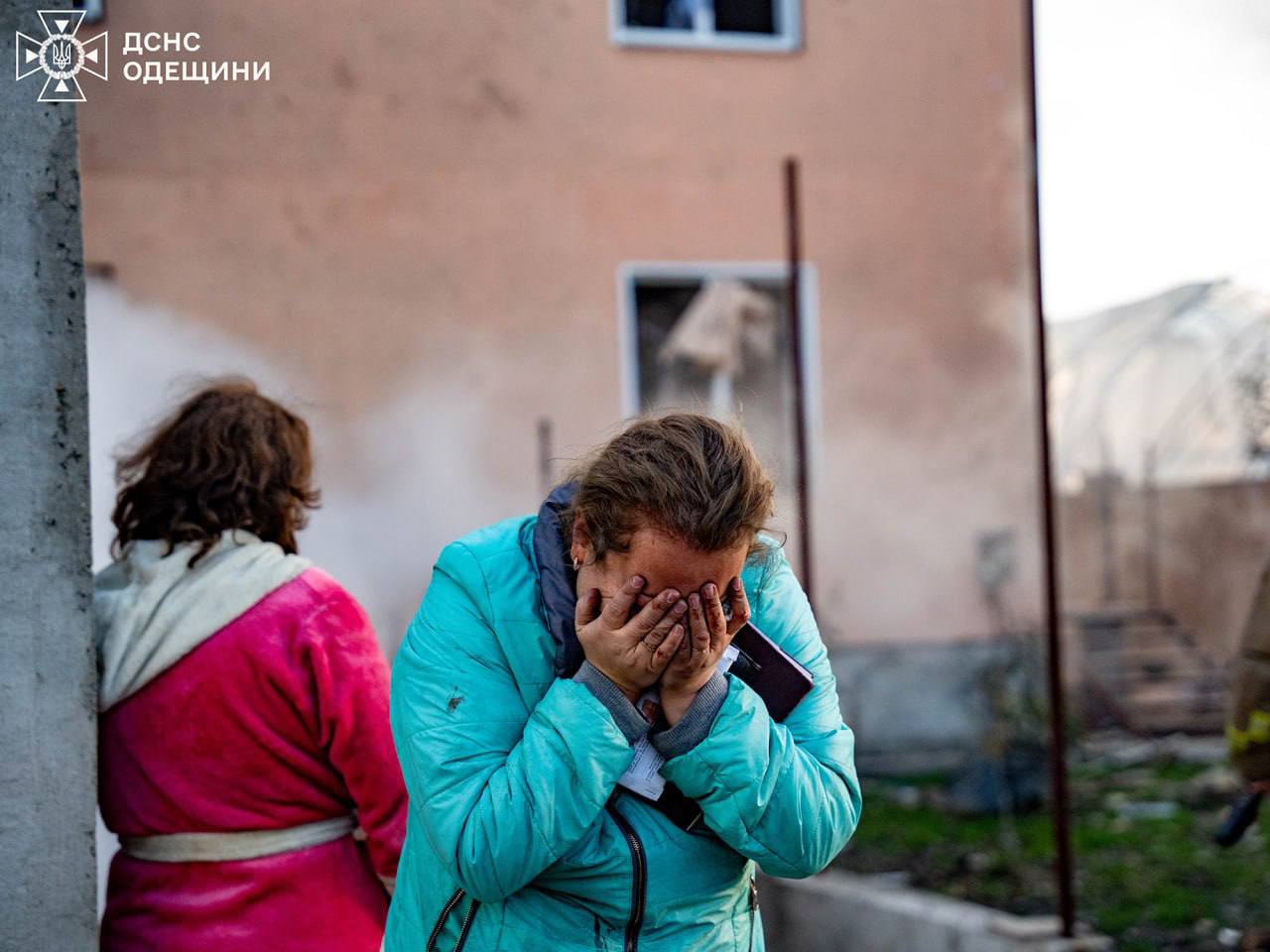
"This is war criminal Putin’s true response to all those who called and visited him recently. We need peace through strength, not appeasement," Ukrainian Foreign Minister Andrii Sybiha said on Nov. 17.
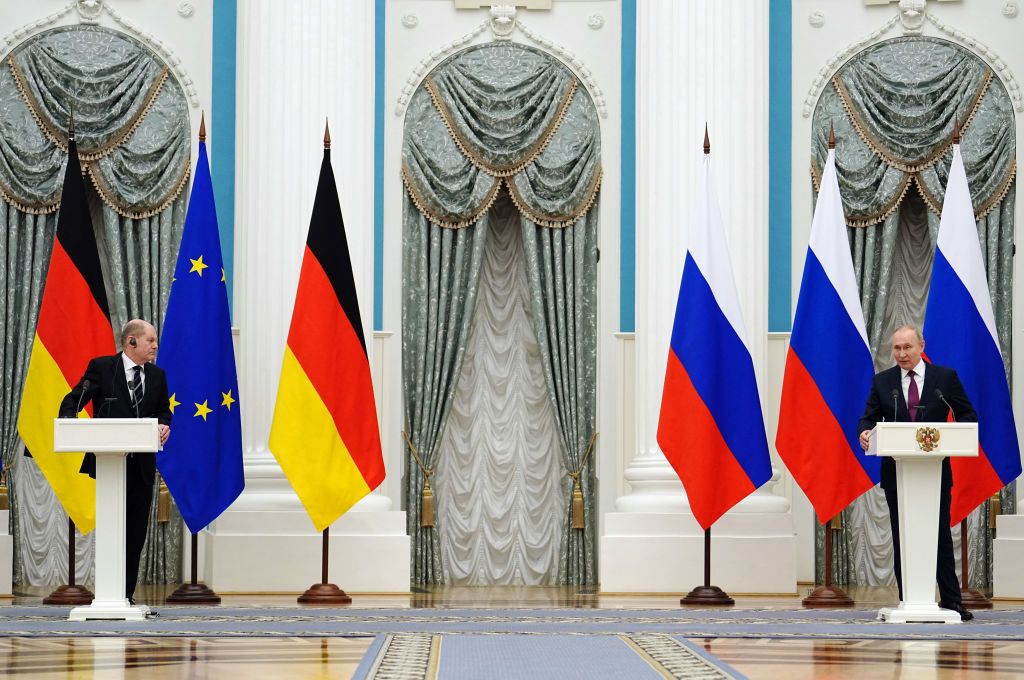
Key developments on Nov. 15: * Scholz condemns war, urges Russia to negotiate with Ukraine in first call with Putin in nearly 2 years * Drone attack reported in Russia's Krasnodar region, explosions heard near military airfield * Russian troops plant flag at border in Chernihiv Oblast, Border Guard says no major offensive

German Chancellor Olaf Scholz's call with Russian President Vladimir Putin opens a "Pandora's box," potentially leading to "other conversations and other calls," President Volodymyr Zelensky warned in his evening address on Nov. 15.

Donald Trump's entrance into the White House on Jan. 20 promises to offer a seismic shift in the U.S.'s approach to Russia's full-scale invasion of Ukraine and a potential "freezing" of the war. Trump has repeatedly pledged to end the war within "24 hours," sparking fears he might
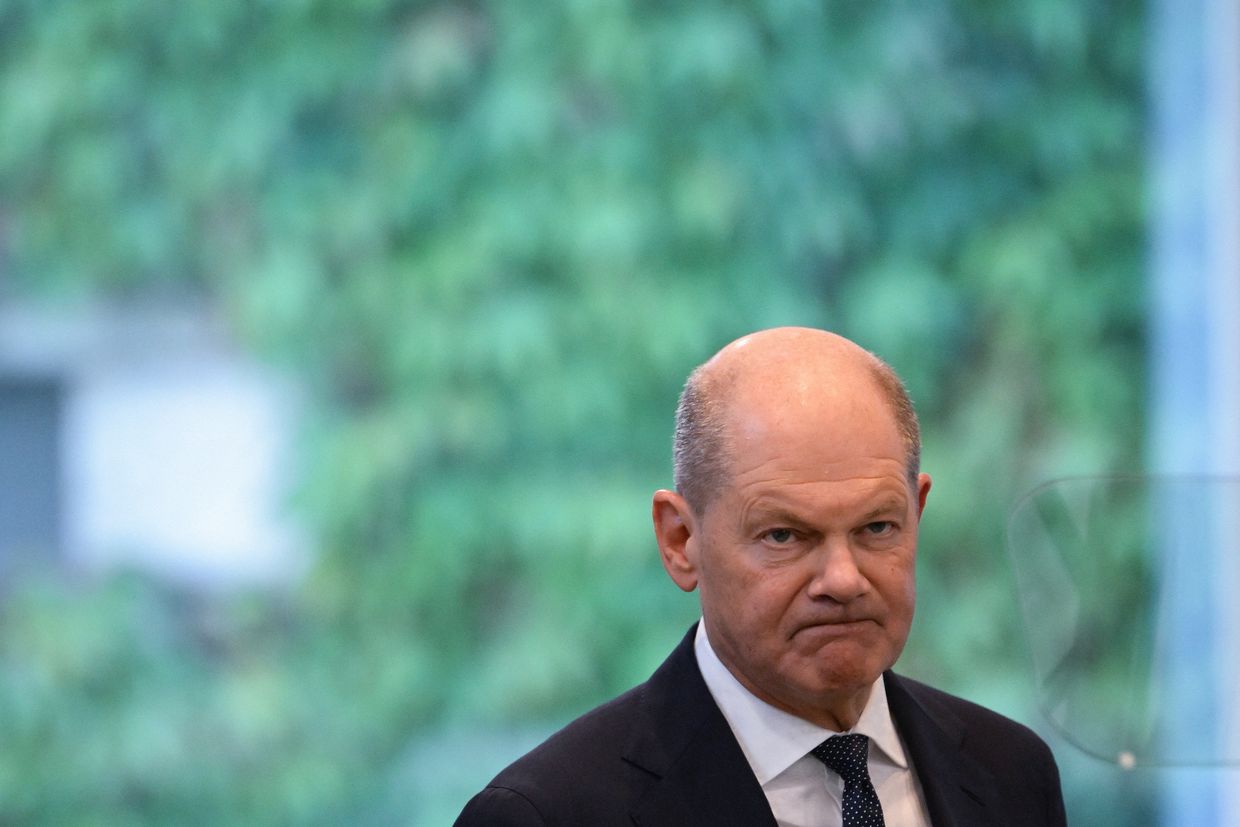
During the conversation, Scholz condemned Russia’s war against Ukraine, calling on Putin to end it and withdraw Russian troops from Ukrainian territory. He also urged Russia to negotiate with Ukraine to achieve a “just and lasting peace.”

Russian President Vladimir Putin and German Chancellor Olaf Scholz are set to hold their first direct phone call in nearly two years on Nov. 15, Bloomberg reported, citing unnamed sources familiar with the matter.
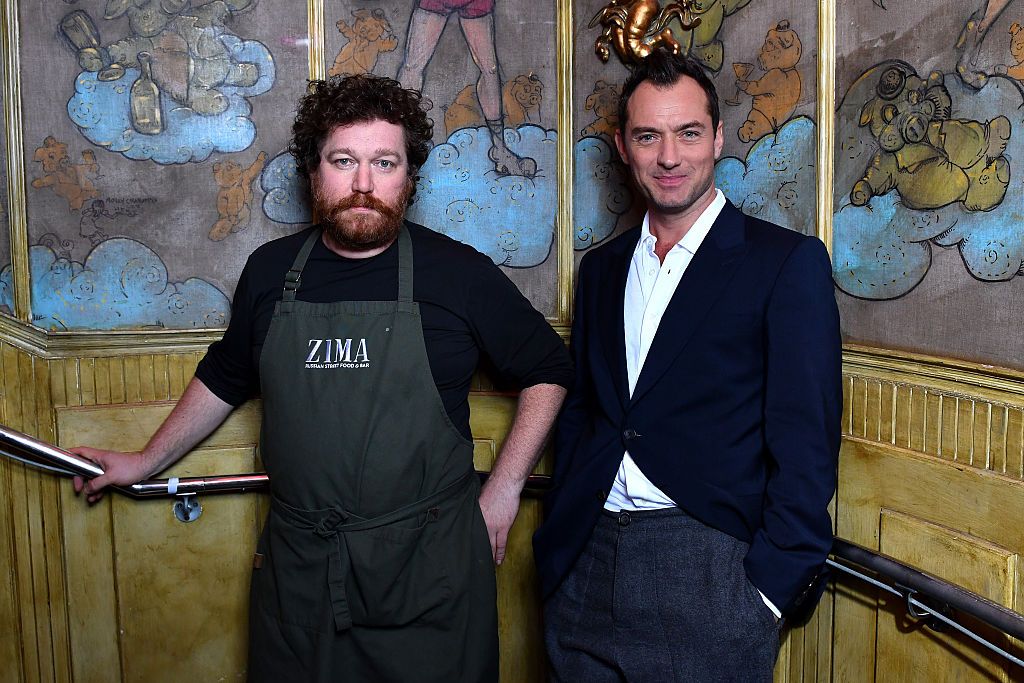
A renowned Russian chef known for his strong criticism of Russia's war against Ukraine was found dead during a visit to Serbia's capital.
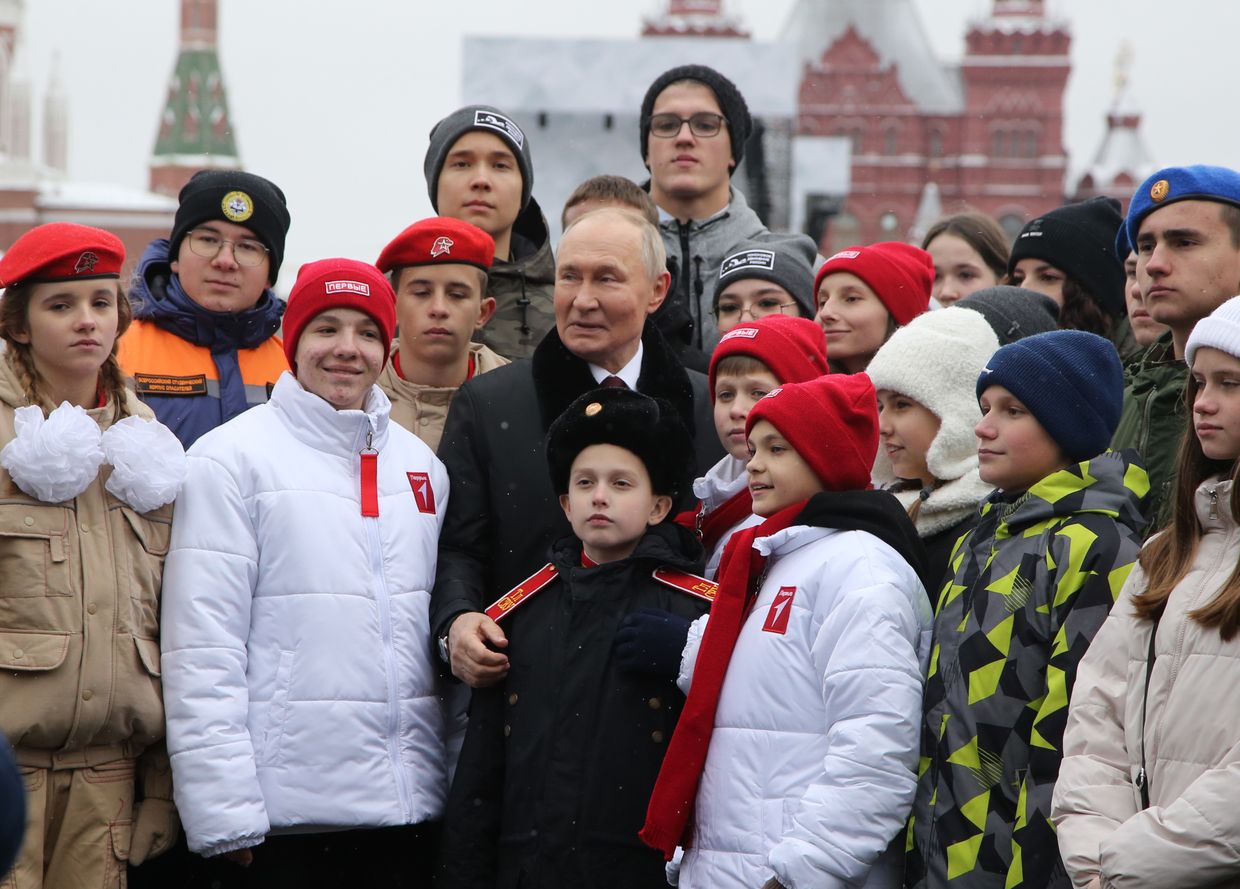
More than a decade since Russian lawmakers banned "LGBTQ+ propaganda," the Kremlin's self-declared crusade for "traditional values" has found a new target — Russians who don't want children. On Nov. 12, the Russian State Duma voted to outlaw the support and promotion of "childfree propaganda," effectively imposing fines on those who
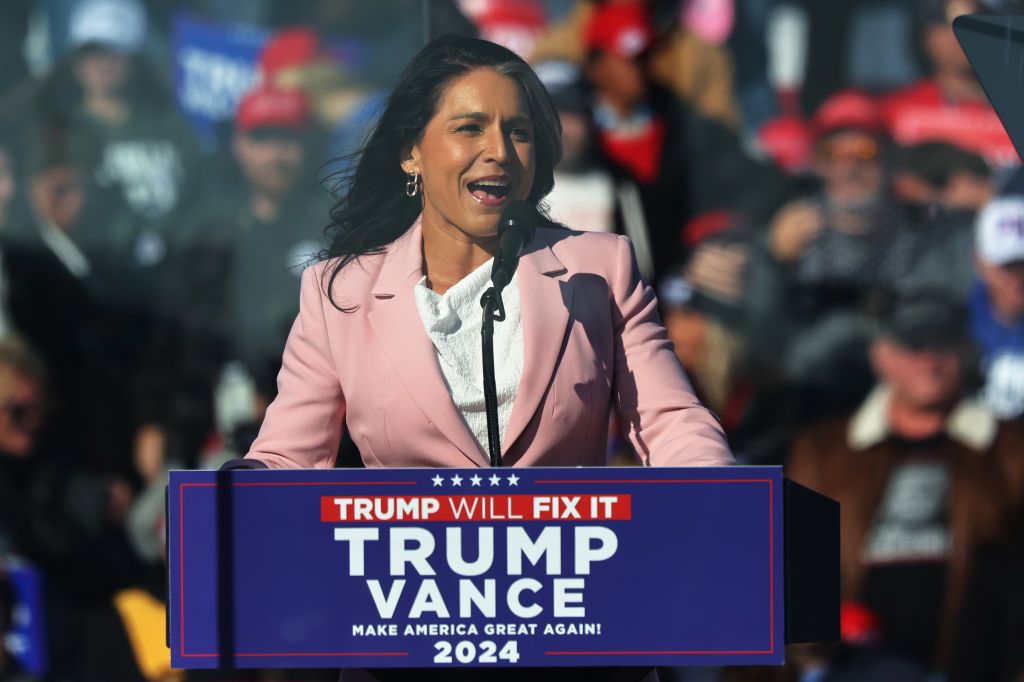
President-elect Trump announced on Nov. 13 that Tulsi Gabbard would take on the role of director of national intelligence, marking a notable shift for the former Democrat who has opposed U.S. support for Ukraine and had previously been accused of promoting Russian narratives.
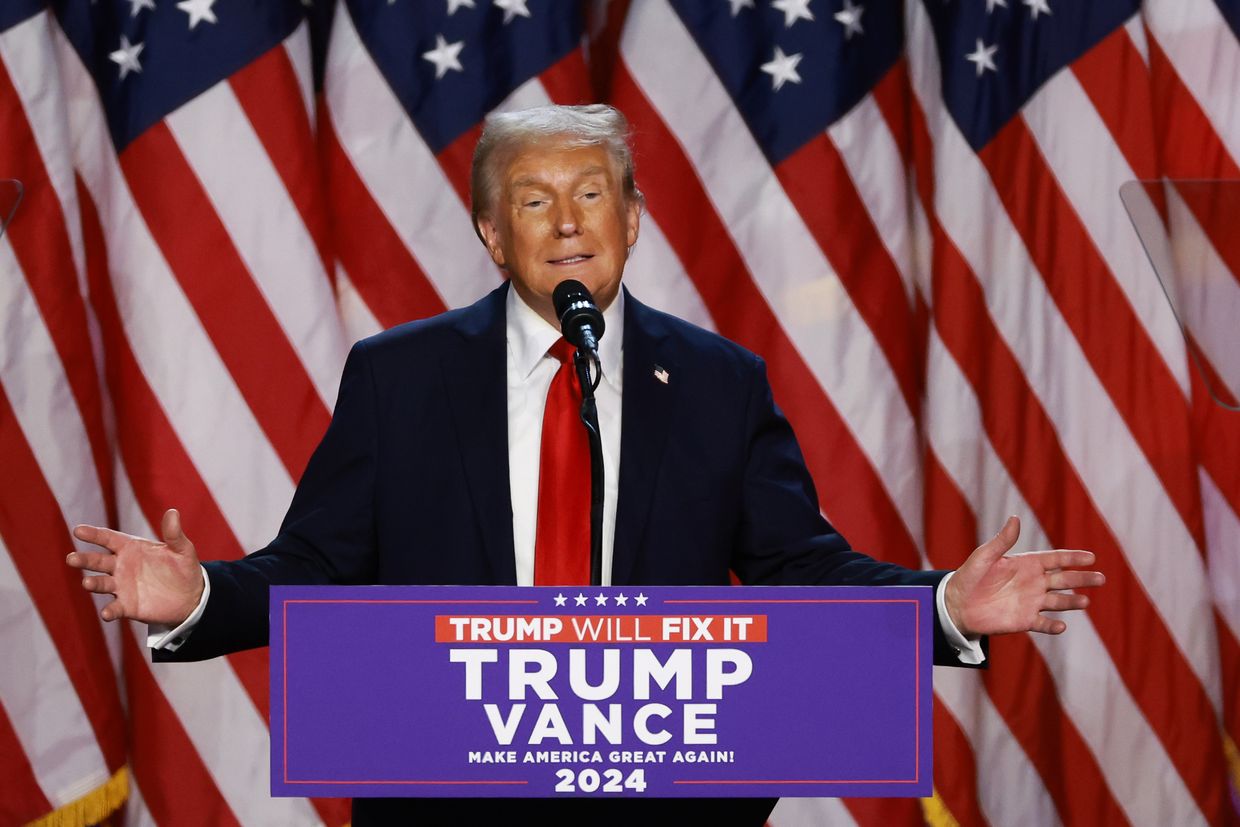
U.S. President-elect Donald Trump's first team picks have both positive and negative implications for Ukraine, with Kyiv left guessing what kind of policy they will pursue, according to Ukrainian and Western analysts. Some appointments seem to lean in Kyiv’s favor, while others hint at a more Moscow-friendly stance.
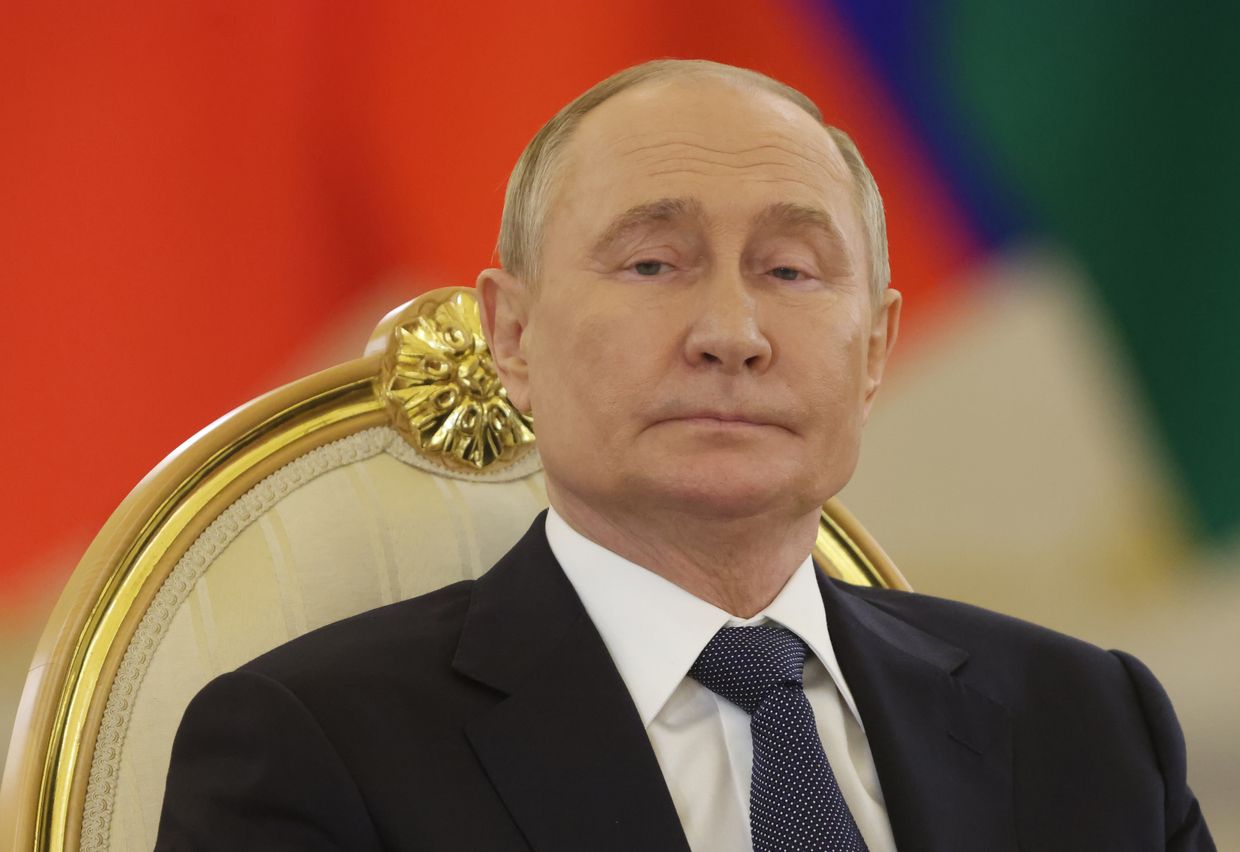
The current maximum amount of compensation is 3 million rubles (nearly $29,000), but the severity of the injury is not considered for its allocation. The change approved by Putin classifies injuries into three categories.



